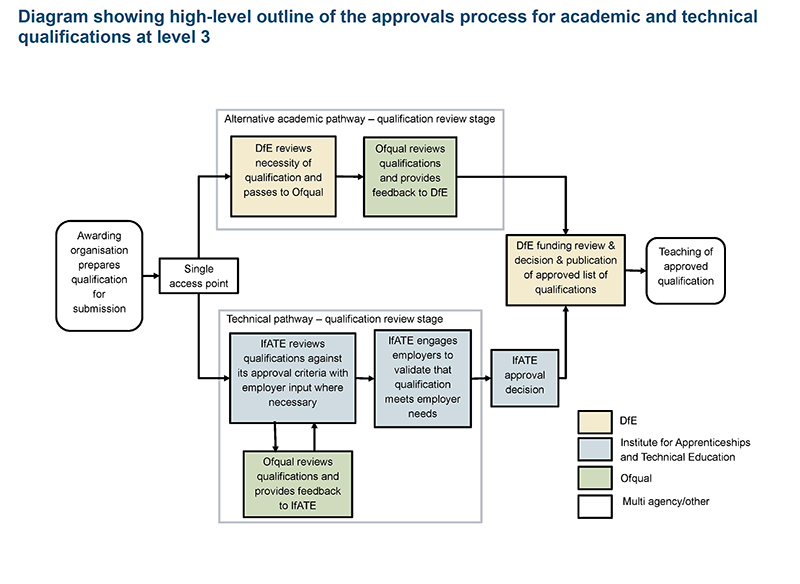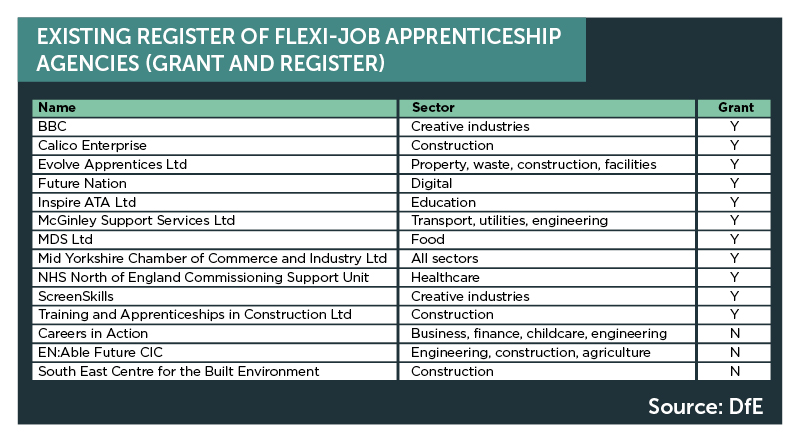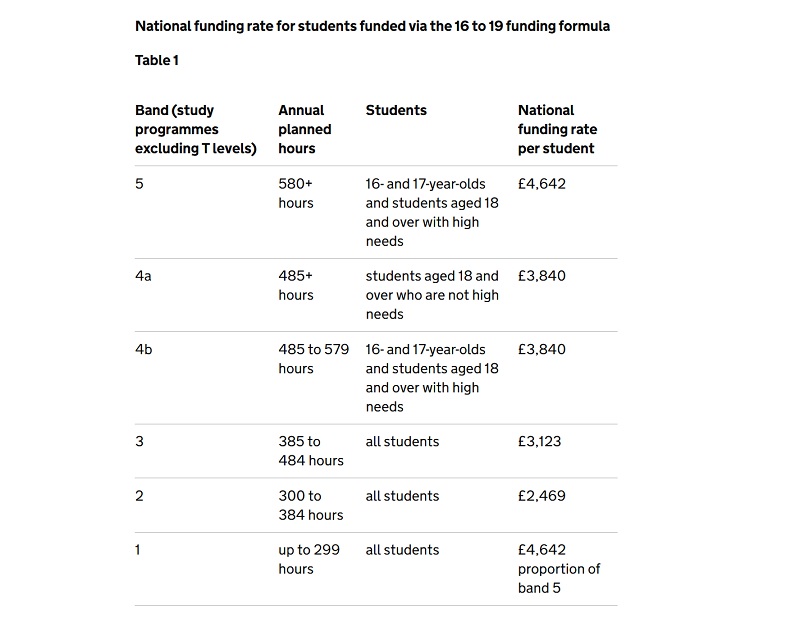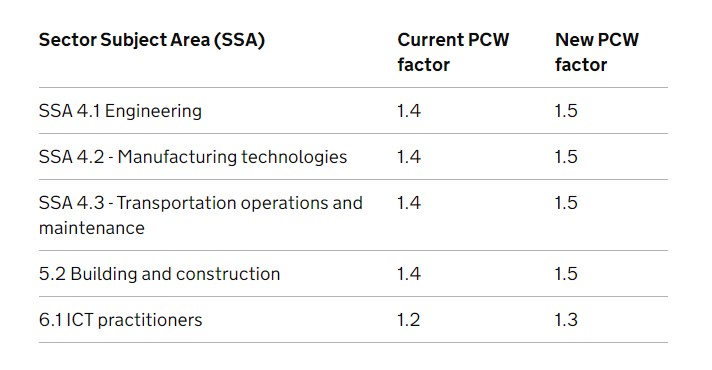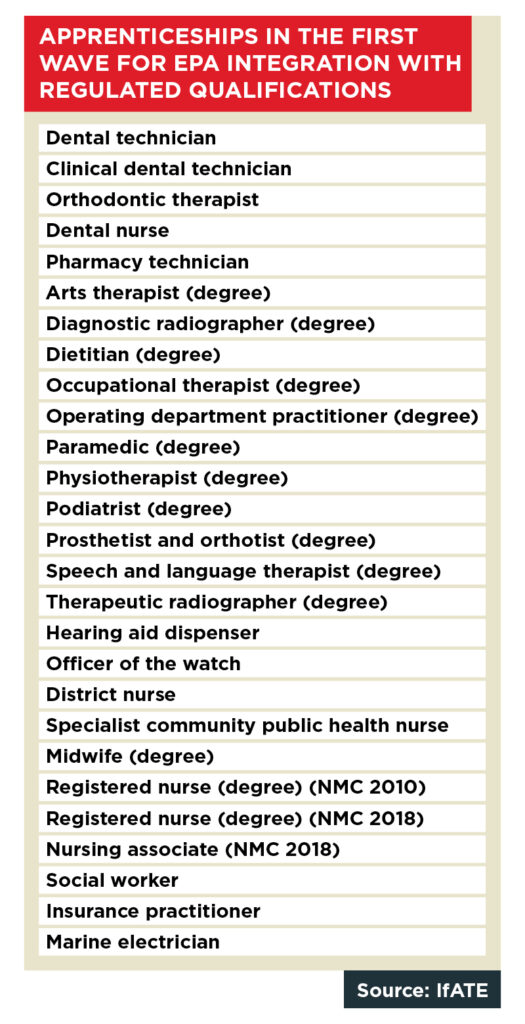Technical qualifications other than T Levels will need to pass three layers of approval to be funded from August 2025.
A new approvals process for “alternative” qualifications has been launched today, with awarding organisations being given just one month to register their interest.
Technical qualifications will need to pass a series of employer demand tests applied by the Institute for Apprenticeships and Technical Education (IfATE), new content and assessment conditions from Ofqual and then a funding review and final decision by the Department for Education.
The government is proceeding with its controversial reforms to level 3 qualifications in England which will see hundreds of qualifications scrapped to make way for its flagship T Level courses.
Technical and academic qualifications other than T Levels or A-levels could still be offered, though they are now known as “alternative qualifications” and must be approved through a complex new process to be publicly funded from August 2025.
In a statement to Parliament today, skills minister Robert Halfon said: “We have listened to feedback and recognise the need for additional qualifications, including alternative qualifications such as some BTECs designed to be taken as part of a mixed study programme including A-levels.
“These alternative qualifications are an important part of how we will support diverse student needs and deliver skills that employers need for a productive future economy, in areas that A-levels and T Levels do not cover.”
The government has selected the size and subjects of qualifications it may approve and revealed some of its criteria for approving both alternative academic and alternative technical qualifications.
Any alternative technical qualification for example must pass “occupational relevance and employer demand tests” laid out by the Institute for Apprenticeships and Technical Education. For academic courses, evidence must be provided which proves the qualification is in demand and will deliver progression to higher education.
The government has not said how many alternative qualifications it intends to fund from 2025.
A DfE spokesperson said: “Our reforms are intended to help more people to progress into work, an apprenticeship, or on to further study.
“T Levels are the new gold standard technical qualification. The changes we are making through our review will make sure only top-quality qualifications that lead to good outcomes for students, and meet the skills needs of businesses, are approved for public funding.”
Funding for qualifications that overlap with waves three and four of the T Level rollout* is still set to be withdrawn from August 2025, but it’s not yet known which qualifications will get the chop.
A provisional list isn’t expected until spring 2023 despite awarding organisations being asked now if they have alternative qualifications they want to submit for approval.
Tom Bewick, the chief executive of the Federation of Awarding Bodies, said the additional layers of bureaucracy this creates for the awarding sector should be monitored “very carefully”.
He told FE Week: “This new process introduces an additional layer of bureaucracy in England which previously did not exist. We’ll need therefore to watch the impact on the sector very carefully.
“FAB’s members are committed to ensuring as streamlined approach to the approvals process as possible.”
Qualifications that have already been earmarked for funding removal, either because they have had low or now enrolments, or have already been deemed to overlap with T Levels, cannot be re-submitted for approval.
The government has already confirmed the 106 qualifications that will lose their funding first, from August 2024. These are qualifications that were found to have overlapped with the first T Levels in education and childcare, digital and construction.
More qualifications are expected to be added to that list when the Institute concludes a content review of the health and science T Level, which was beset with assessment problems last summer, later this month.
Jennifer Coupland, chief executive of IfATE said: “It is fantastic to get the level 3 employer-led approvals system off and running. It will raise standards and boost confidence in skills training among employers as all IfATE approved qualifications will meet latest industry standards.
“In time IfATE approval will be synonymous with high quality technical qualifications and apprenticeships.”
Awarding organisations only have until February 10 to register their interest in submitting an alternative qualification for approval for delivery in 2025. The formal submission window will open on July 3 and close on July 31.
*legal, finance and accounting, engineering and manufacturing, business and administration, hair and beauty, catering and hospitality, creative and design, agriculture and animal care
